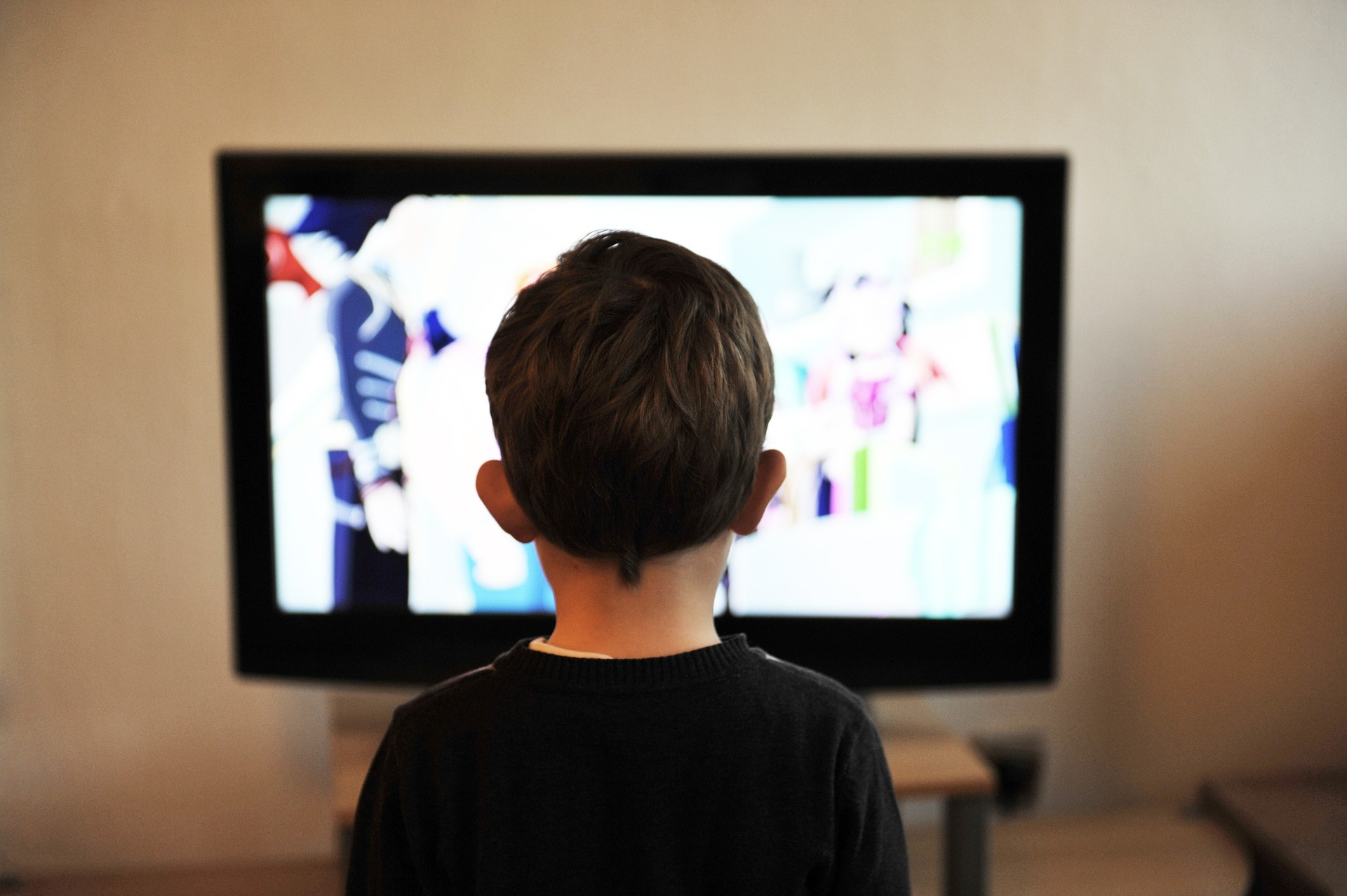Fake News and Information Quality
Fake news and low quality information online can be difficult for some adults to detect, and for youth who are still developing, cognitively and emotionally.
- One in five adolescents believe information they find online through search engines like Google or Bing is true.
- Studies suggest that teens fall short when evaluating credibility in digital media space, failing both to recognize and properly interpret advertising.
- More than half of the respondents in a Pew Internet survey of over 2,000 middle and high school teachers rated their students’ ability to assess quality and accuracy online as either “poor” or “fair.”










